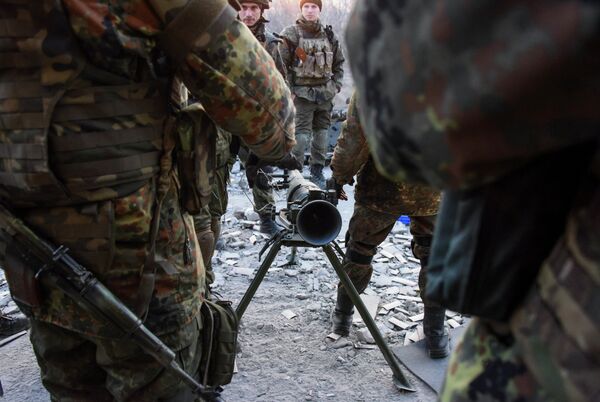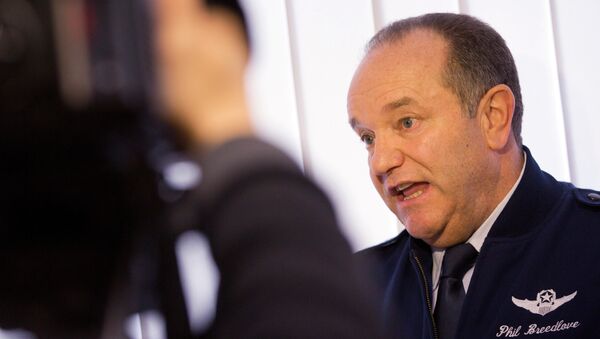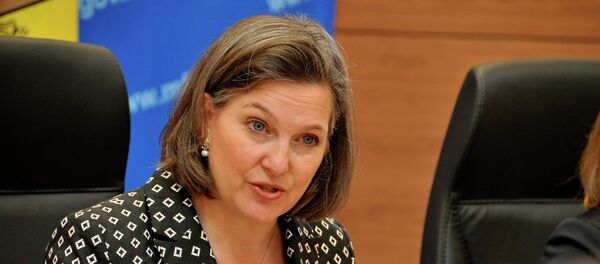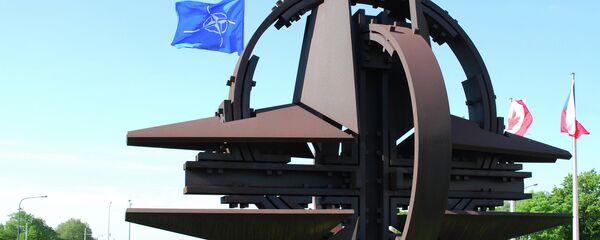On Sunday, OSCE observers reported new rounds of artillery fire outside Donetsk, despite the ceasefire signed last month. Speaking before the annual Brussels Forum that same day, General Philip Breedlove of NATO took the opportunity to voice his support for sending lethal aid to Ukraine.
"I’d not think that any tool of the US, or any other nation’s power should necessarily be off the table," he said.
Even more surprising was his insistence that doing so would, ultimately, have a negative impact on the crisis.
"And so we, I think in the West should consider all of our tools in reply," Breedlove said. "Could it be destabilizing? The answer is yes. Also, inaction could be destabilizing."
This comes only two days after statements made by US Assistant Secretary of State for European and Eurasian Affairs Victoria Nuland.
"We’re hoping for and working for the best outcome, which would be the full implementation of Minsk, which would make the whole question moot," she said during Friday’s forum. "But if that does not happen, if, in fact, we see a resurgence of aggression and violence, that will change the calculation."
Breedlove also called on the West to counter what he called "false narratives" spread by Moscow.

"We need a Western group of nations or as an alliance to engage in this informational warfare," he said. "The way to attack the false narrative is to drag the false narrative into the light and expose it."
Earlier this month, the US State Department also expressed a goal of increasing its propaganda funding, requesting an additional $20 million to "ramp up efforts to counter lies with truth," Nuland told the House Foreign Affairs Committee. This was in addition to a major budget increase which already allocated money for that same purpose.
"This year, the [Broadcasting Board of Governors] is committing $23.2 million to Russian-language programming," Nuland told the committee. "A 49% increase since [fiscal year 2014]."
While both NATO and the US have repeatedly blamed Russia for the Ukraine crisis, it has failed to provide any evidence, and Moscow has categorically denied any such allegations.
Despite Breedlove’s insistence that all military options should remain open, that same kind of broadmindedness does not, apparently, apply to diplomatic solutions. Last April, NATO ended all practical cooperation with Russia over the Ukraine issue, only maintaining contact at the ambassadorial level.




